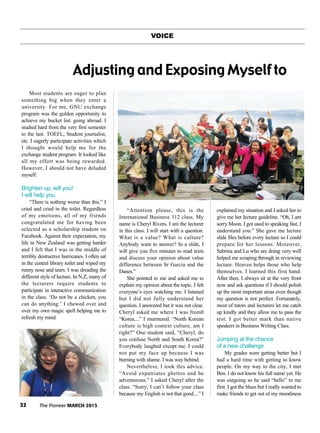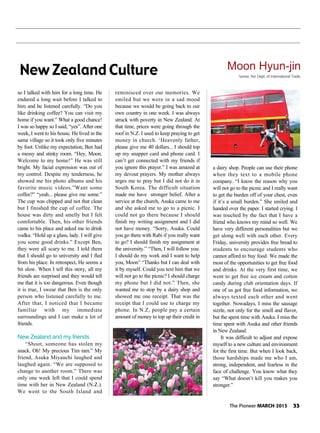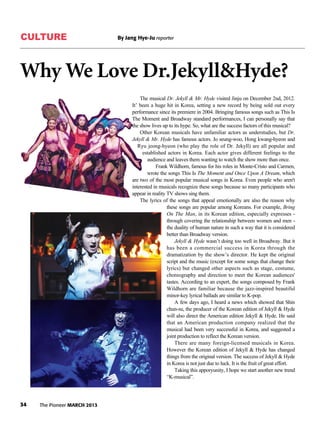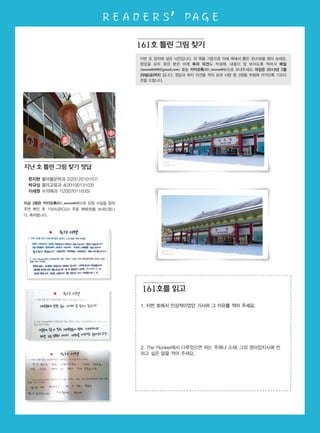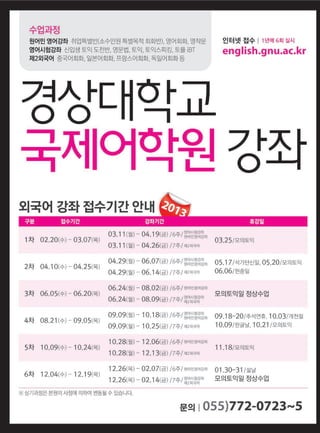The document discusses issues with the current lecture evaluation system (ESL) at Gyeongsang National University, with a survey finding that many students are dissatisfied with ESL and do not think it adequately communicates their feedback. Interviews revealed that students are concerned their evaluations could affect their grades and that the standardized questions do not suit all classes. Improving communication between students and professors and revising the ESL system were proposed as potential solutions.
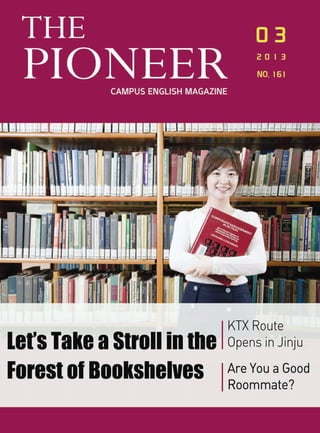
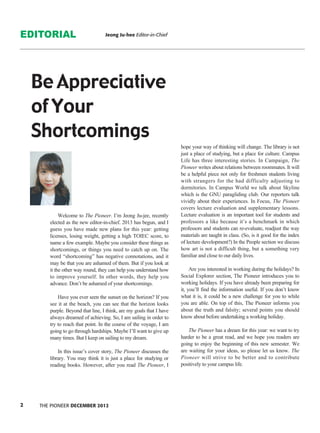
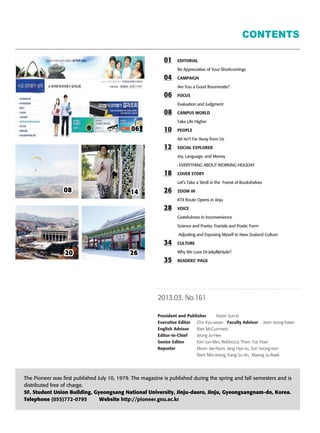
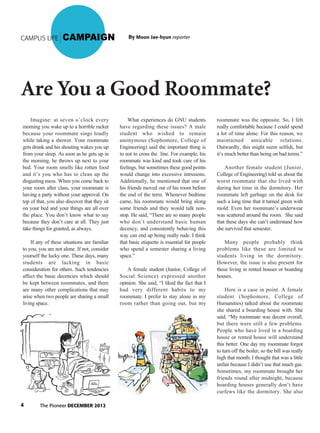
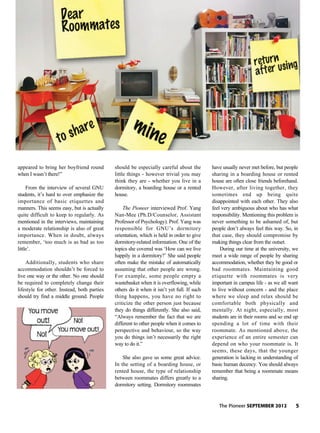
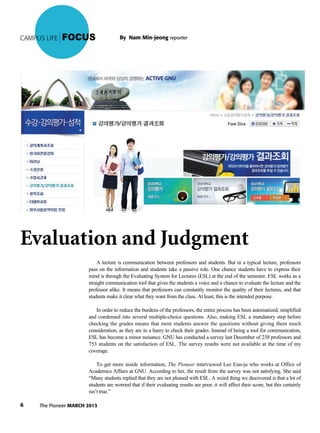
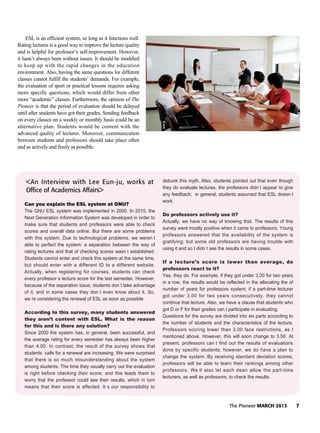
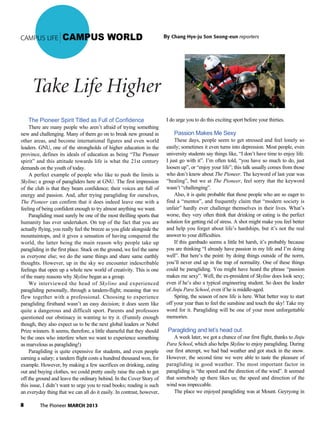
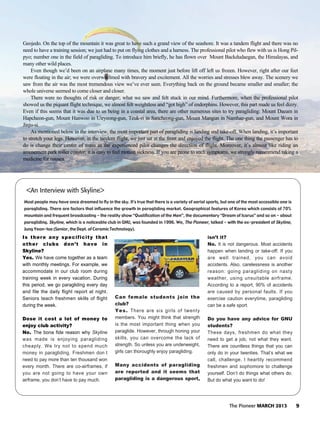
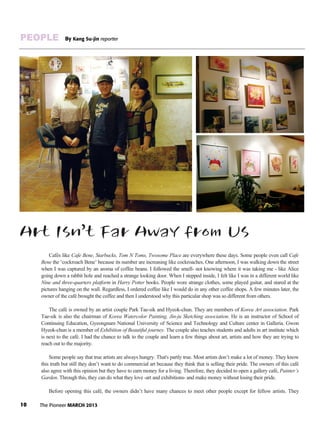
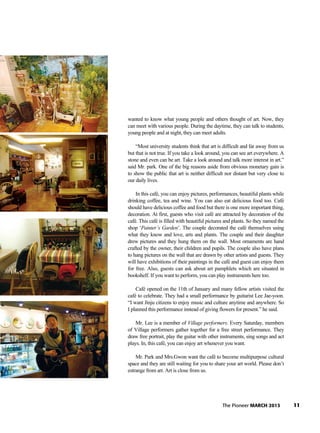
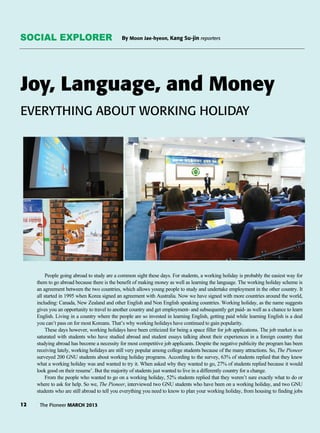
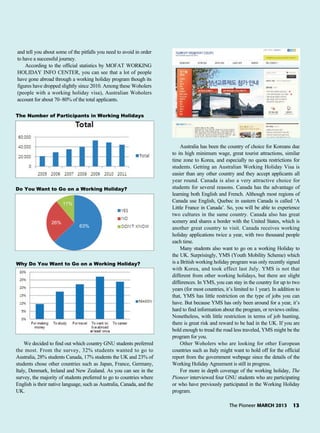

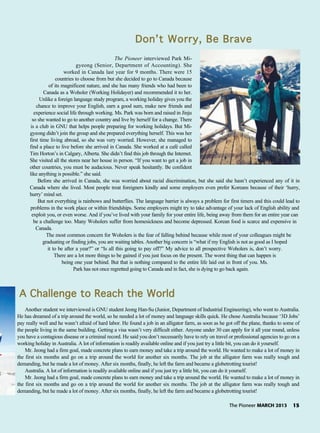
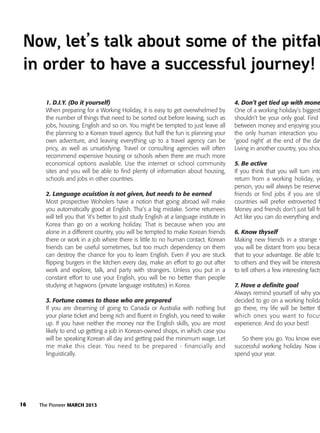


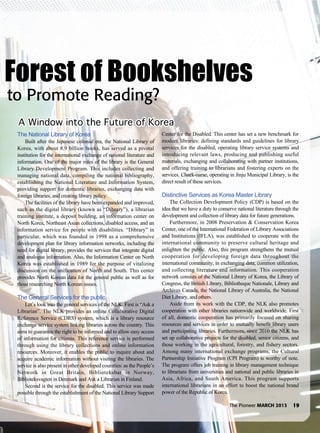
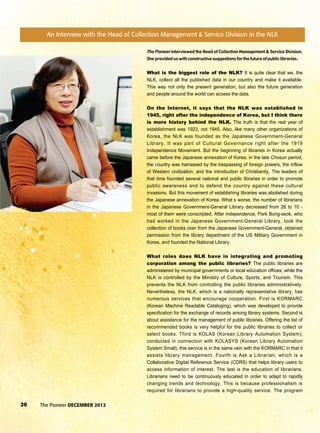
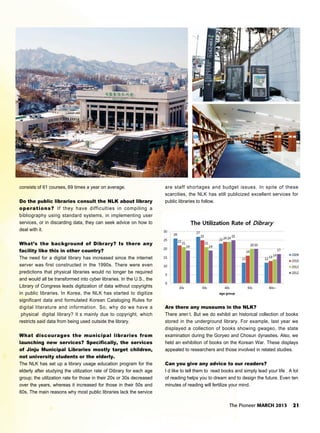

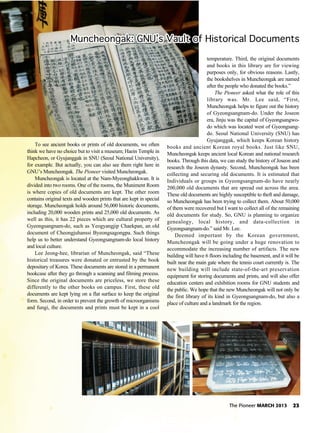
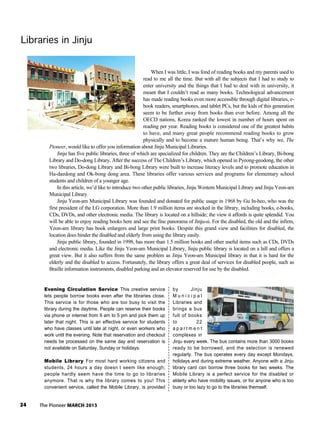

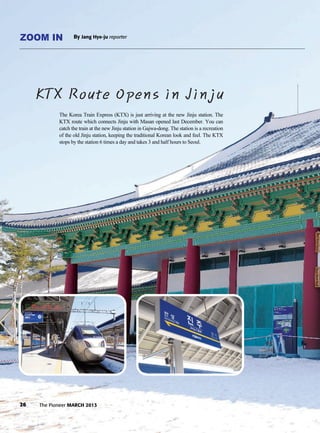

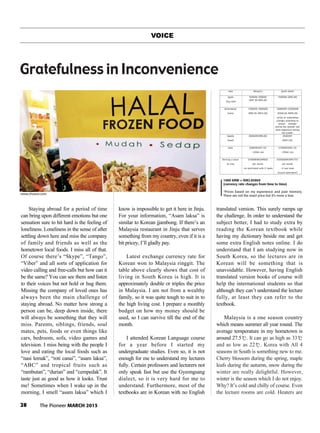
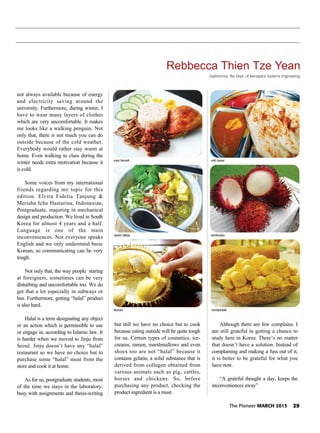
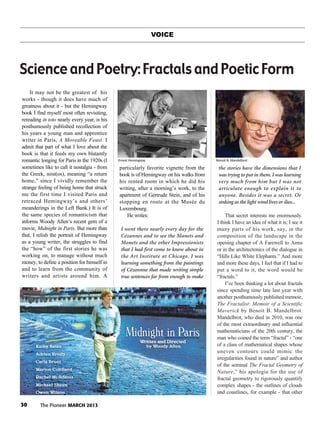
![mathematicians had dismissed as
hopelessly anomalous and
unquantifiable, to study roughness and
irregularity through geometry and apply
the results to sciences and social studies,
ranging from biology and physics to
finance. One of the, for me, most striking
statements in the memoir is his
explanation of why he decided to pursue
his idiosyncratic (“maverick,” to use his
word) way in the field of mathematics.
He writes: “I realized that mathematics
cut off from the mysteries of the real
world was not for me, so I took a
different path,” he writes. He cites the
claim of George Cantor (1845-1918) that
“the essence of mathematics is in its
freedom,” and says that he pursued that
freedom in order to identify tools “that
might handle a host of often ancient
concrete problems - ‘questions once
reserved for poets and children.’”
I love this explicit connection that he
makes between the real, best purpose of
the pursuit of mathematics (and by
extension, all science) and the real, best
purpose of the pursuit of poetry. And
writing from the poetry end of the
connection, I believe he’s right and that
writing poetry is very of a kind with
the work of fractal geometry. If you
get beyond the more jejune notions
of what poetry is, you can see this
fairly readily. Poetry is not, as it is
too often caricatured, the art of
“expressing one’s self or one’s
emotions” or some act of cheaper
psychotherapy. [Advice to young
poets: If you want to express your
emotions, skip the keyboard and go
make love to your girlfriend or
boyfriend or some beautiful
stranger. It’s much more to the point
and usually much more satisfying.]
To be sure poetry can be these things - it
does express emotion (and induces it, as
well) and the writing of it can have
transformative effects on the poet. But
they are more adventitious than intrinsic,
more by products of the forming of
poetry’s raw materials in the apparent
world than the raison d’être of that
forming. The great 19th - century
American essayist and poet Ralph Waldo
Emerson once wrote that “Poetry is the
perpetual endeavor to express the spirit
of the thing, to pass the brute body, and
search the life and reason which causes
[sic] it to exist........” If we translate
Emerson’s transcendentalist diction -
“spirit,” into that of mathematics,
“shapes,” we can see that the Emersonian
poet’s endeavor is really the same as that
of the Mandelbrotian fractalist.
Poetry, like mathematics, is the art of
measuring and making forms, and
making forms for the purpose of
illuminating or uncovering the elusive or
otherwise inscrutable forms (one thinks
here, to a degree, of Platonic forms) that
comprise the material of our world. And
in doing as much, it gives to those forms,
as Shakespeare put it, “a local habitation
and a name.” The English word
“poem”comes from the Greek, poieîn, to
make, and - ma a suffix denoting result;
hence, a poem is literally the result of
making. It creates forms, whether the
repeated ones of so-called formal verse,
or the idiosyncratic one of free verse; it
finds these forms in observed materials
and uses them to take the measure of the
unseen forms that will let us best see
what we have observed. Poetry cannot be
made without the measuring of meter or
line (or anti-line in the case of the prose
poem) or rhythm. Poetry sees in its
forms, the way fractal geometry sees: its
sees patterns that display “self-similarity”
whose structures “appear the same or
nearly the same no matter how deeply
into or far away from [them] you zoom.”
And what Hemingway saw in
Cézannne (to return, always happily,
to Paris) was, perhaps, a fractalist at
work, the painter making forms that
would let us see forms, quantifying
and measuring those forms, leading us
through mystery to understanding. The
evidence in the poetry of
Hemingway’s best prose suggests that
he did indeed learn much in early
afternoons in the Musée du
Luxembourg.
Richard Matthews
He is the author of The Mill Is Burning (Grove Press), which was awarded the
Joyce Osterweil Prize in Poetry by PEN America, and the play “The Bronze
Staircase" (Presses de l'universite d'Angers). His poems and prose have
appeared in journals and newspapers in the United States, France, and Korea.
Ralph Waldo Emerson
The Fractalist; Memoir of a Scientific Maverick
The Pioneer MARCH 2013 31](https://image.slidesharecdn.com/a93f869d-b4f1-47df-9164-581b90899059-150502194704-conversion-gate02/85/The_Pioneer_161-31-320.jpg)
